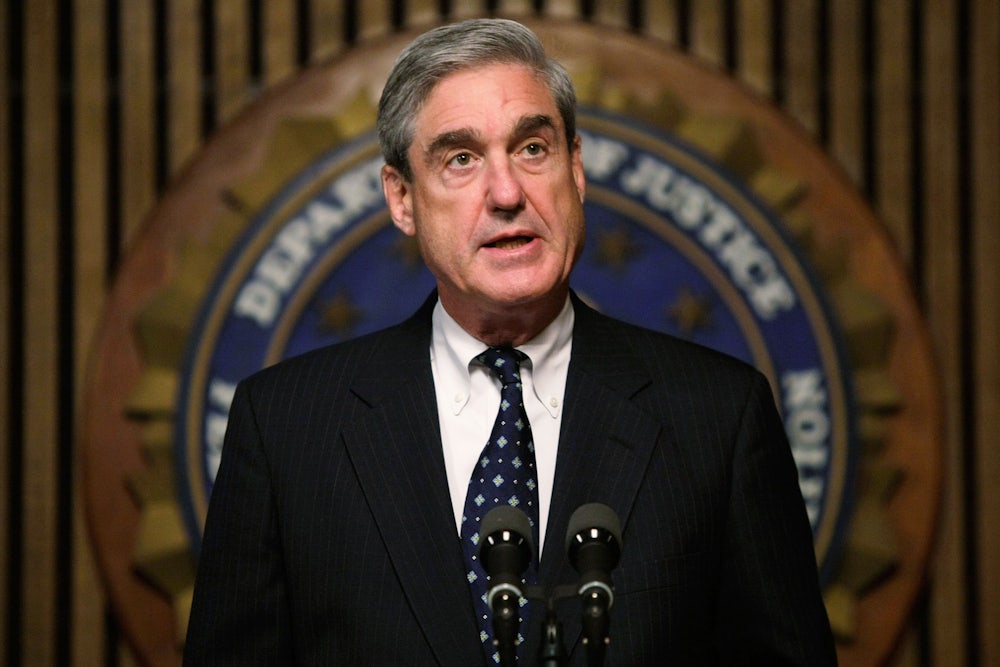The Wall Street Journal is reporting that the special counsel’s probe into Russian interference in the last election has spun off separate investigations being conducted by the the U.S. Attorney’s offices in Manhattan and Brooklyn. Manhattan prosecutors are looking into money laundering allegations against Trump’s former campaign manager Paul Manafort. Brooklyn prosecutors are conducting an investigation into a business owned by the family of Jared Kushner, the president’s son-in-law.
These two New York-based probes add some interesting wrinkles to the unfolding legal saga. On the one hand, if Manafort or Kushner were charged in Manhattan or Brooklyn, Trump would not be able to pardon them. This removes a powerful weapon from Trump’s arsenal, who could obstruct justice by promising clemency in exchange for silence. On the other hand, the president is not powerless. He has already fired the heads of those offices and is interviewing replacements.
As the Journal’s report makes clear, Trump’s search for a replacement is creating a powerful conflict of interest:
The heads of the U.S. attorney’s offices in Manhattan and Brooklyn are two of the most powerful prosecutorial posts in the country, and Mr. Trump has personally interviewed candidates for both. He interviewed Edward McNally for the Brooklyn post and Geoffrey Berman for the Manhattan position, according to people familiar with the matter.
The two candidates have already drawn scrutiny for their close ties to Mr. Trump’s allies. Mr. Berman is a law partner of Trump political ally Rudy Giuliani at Greenberg Traurig LLP. And Mr. McNally is a law partner of Mr. Trump’s personal attorney, Marc Kasowitz, at Kasowitz Benson Torres & Friedman LLP.
Former Manhattan U.S. Attorney Preet Bharara, who has clashed with Mr. Trump over his own firing earlier this year, has described Mr. Trump’s personal involvement in the process as “neither normal nor advisable.”
The question of whether Trump will be allowed to pick loyalists for these offices will have to be settled by the Senate, which under Republican control has shown little interest, so far, in crossing the president.
